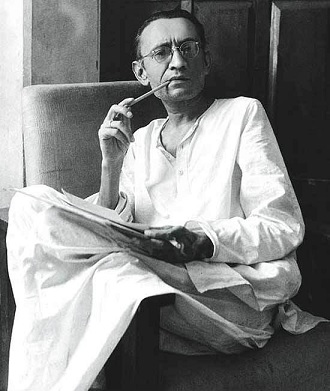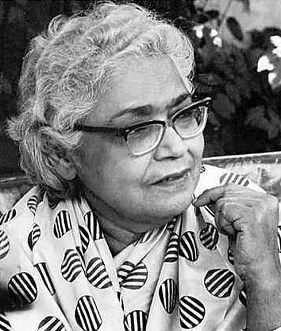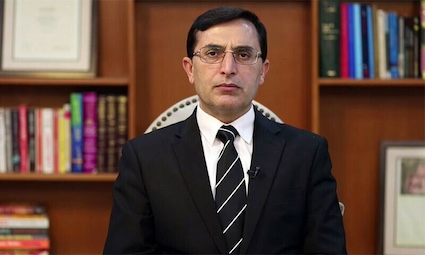- Islamabad
- 24.9°C
- Today ( Monday, 21 April 2025)
Disparities in EU Wages
While European Union (EU) labor regulations prioritize individual working conditions, labor rights, information access, anti-discrimination measures, and job security, the landscape of salaries and wages across member states exhibits notable variations. Factors such as labor laws, demand, inflation, and others contribute to the diverse wage structures observed. According to Eurostat's 2022 data, the average annual wages across EU member states ranged significantly, from €106,839.33 in Switzerland to €12,923.66 in Bulgaria. The top-paying countries in 2022 included Switzerland (€106,839), Iceland (€81,942), Luxembourg (€79,903), Norway (€74,506), and Belgium (€70,297). In contrast, the nations with lower average wages were Bulgaria (€12,923), Romania (€14,500), Croatia (€17,842), Hungary (€18,274), and Poland (€18,114). These disparities underscore the influence of diverse economic factors on wage structures within the EU. While robust labor regulations ensure certain standards, the wide range of average wages highlights the complexity of aligning salary levels across the union. As EU member states continue to navigate these variations, ongoing discussions about harmonizing economic conditions remain essential for fostering a more equitable labor market.
-
Saadat Hasan Manto, born on May 11, 1912, in Samrala, British India (now in Punjab, Pakistan), remains an iconic and controversial figure in Urdu literature. Manto was a prolific short story writer, essayist, and playwright, recognized for his bold and unflinching portrayal of...
-
Ismat Chughtai, born on August 21, 1915, in Badayun, British India (now in Uttar Pradesh, India), was a formidable and pioneering figure in Urdu literature. Renowned for her bold and feminist perspectives, Chughtai was an eminent short story writer, novelist, and essayist who ...
Get Newsletter
Subscribe to our newsletter to get latest news, popular news and exclusive updates.


























Facebook Comments